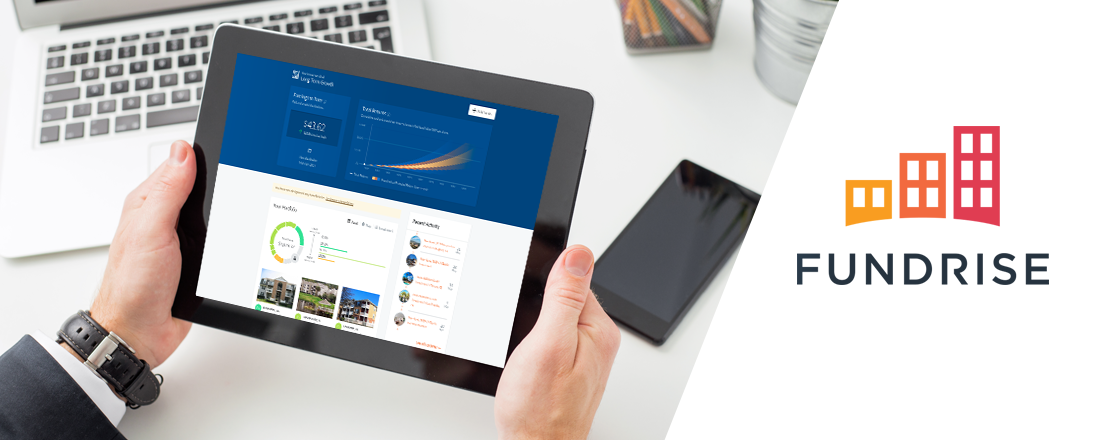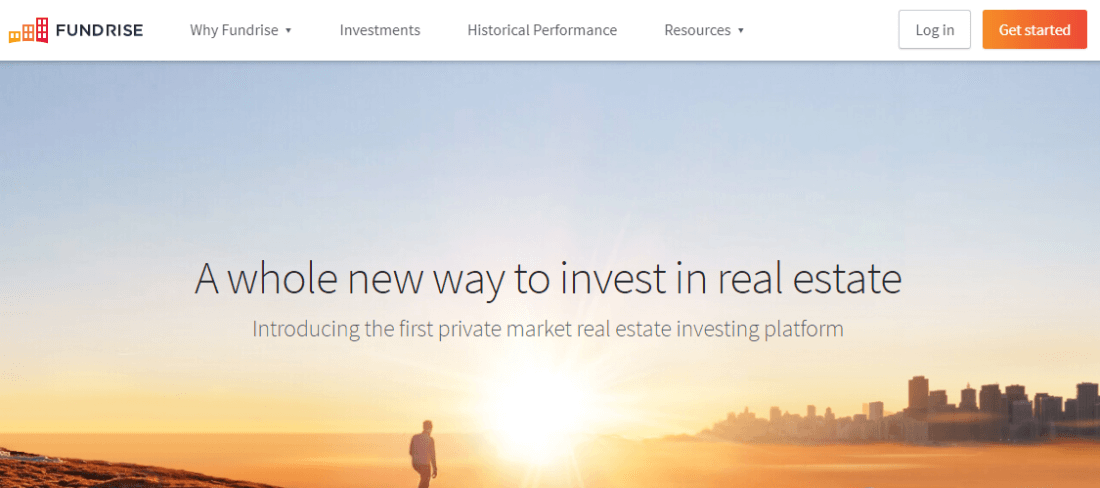
Real estate is one of the most popular alternative investments. But what if you don’t have the time or capital to buy and sell physical property? And what if the public REIT (real estate investment trust) offerings are less than attractive? That’s where private real estate investments, which are investments in real estate assets not tradable on a public exchange, find their niche.
Kendall Davis, vice president of investments at Fundrise, spoke to RewardExpert about the benefits. “Fundrise’s aim is to make investing across a diverse array of high-quality, opportunistic real estate investments with world-class management as simple, intuitive, and low-cost as possible,” she said.
Opening Up Access to Real Estate Investing
Fundrise was founded in 2010 and is the world’s first private market real estate investing platform. “Fundrise democratizes access to this once-unattainable asset class, making it possible for anyone to become a real estate investor regardless of income or net worth,” said Davis. In fact, the minimum to get started on Fundrise is just $500. That can later be upgraded to an advanced account once the investment hits $1,000.
The Fundrise Advantage
The Fundrise platform allows an investor to put their money directly into a property portfolio that the Fundrise team acquires and manages for its investors. While this is similar to a publicly traded REIT, there are significant differences.
Davis said that private real estate investing offers benefits due to the following:
- Potentially lower fees: “We use technology to cut out middlemen, reduce costs, and therefore minimize fees and other costs passed through to investors.”
- Potentially higher returns: “A diversified portfolio on Fundrise fetched a weighted average return of approximately 7.2% as of March 2018, whereas the annualized dividend yield of the Vanguard REIT ETF as reported by Vanguard on February 28, 2018 was roughly 3.8%. We believe this is due largely to the fact that our investment entities are non-traded, meaning investors are not paying an implicit ‘liquidity premium’ for the ability to day trade.”
- Less volatility: “Since our investment products are not publicly traded, we also anticipate that they will be relatively insulated from volatility stemming from macroeconomic shocks and market sentiment.”
- True diversification: “We believe our investment products also give access to types of assets in early phases of development that investors are unlikely to be able to access through public REITs.”
Why Invest in Private Real Estate?

“We believe that allocating across private alternative asset classes like real estate is crucial to protecting investment portfolios from rising cross-asset correlations and volatility,” stated Davis.
Fundrise offers three potential investing plans:
- Supplemental income, which is weighted toward debt investments in real estate assets, and is lower risk.
- Long-term growth, which is higher risk and weighted toward opportunistic equity investments.
- Balanced investing, which is a combination of the other two plans.
“In addition to selecting a goal or investment plan, investors may choose to enable automatic dividend reinvestment, set up a schedule of automatically recurring monthly or bimonthly investments, invest through entities such as LLCs or trusts, or even invest through self-directed IRAs with an affiliate custodian,” noted Davis.
How Fundrise Chooses Its Investments
Fundrise does its due diligence before investing in a property. According to Davis, “We assess all prospective deals on their individual merits, and pursue only those we believe will offer our investors the best risk-adjusted potential returns.”
The firm is focused on U.S. growth markets, which include Seattle, Denver, Los Angeles, Washington and the sunbelt markets, like Florida and Texas. “All of our investments go through an extensive due diligence process, which includes economic stress testing and interest rate sensitivity analysis,” she said.
Risk vs. Reward
Like any investment, private real estate carries risk, but Fundrise is always thinking about ways to cut risk for its investors. “We believe that the risks inherent in our single-family investments are broadly mitigated by virtue of the fact that they are located in high-demand core urban infill locations, meaning the underlying land itself is likely to retain value even in a worst-case scenario,” said Davis.
She points out that only few investors have exposure only to single-family investments, meaning they would likely be protected in the event of a major crash in the housing market. In addition, Fundrise rents the properties before selling.
“Should the market take a turn for the worse, we believe we are likely to be able to continue renting the properties, and hence maintain positive cash flow and wait for the equity capital to appreciate during the next cyclical expansion,” stated Davis.
Eye on Housing

The company also keeps track of the overall state of the U.S. housing and mortgage market. It closely watches the Federal Reserve for rate hikes and it also closely monitors legislation out of Washington.
In regards to the tax changes, which included a capping of tax deductions, Fundrise is not too concerned. “We anticipate that the reduced deductibility of mortgage interest will be most impactful for very high-income purchasers who itemize. By contrast, our eFunds are focused on the development and rehabilitation of relatively affordable housing geared towards first-time buyers in high-demand cities,” said Davis.
Diversify to Protect Your Money
With the uncertainty in global affairs and the 2018 volatility in the stock market, private real estate has become an attractive option for many investors. As Davis said, “We believe we have empowered our investors to potentially earn better, more consistent returns over time.”
To find out if Fundrise products are the right fit for your portfolio, check out fundrise.com.
